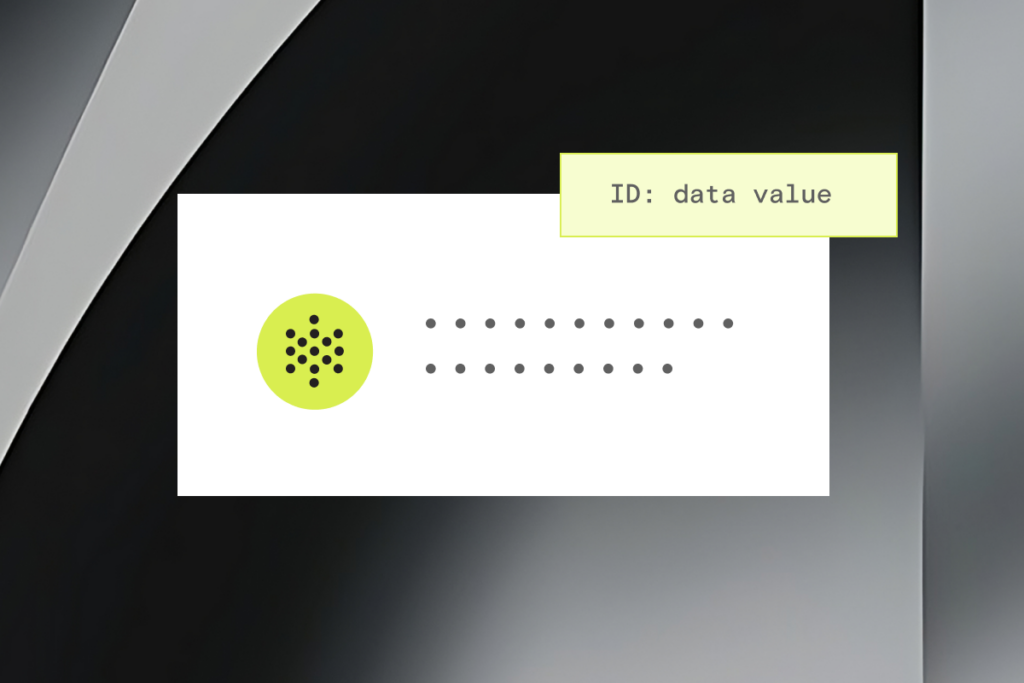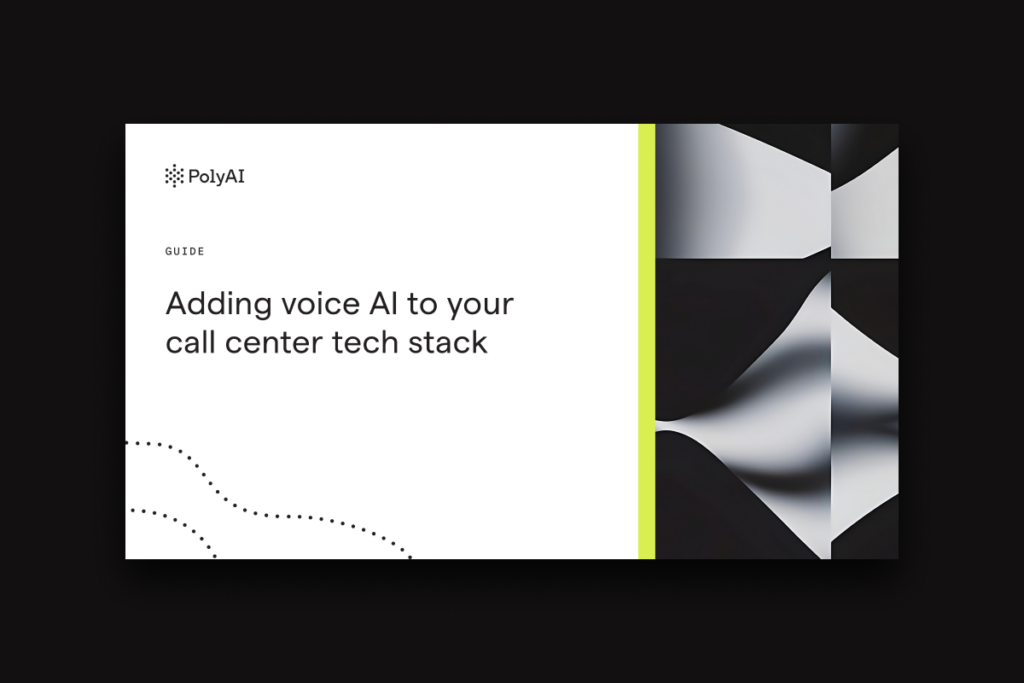Table of Contents
The healthcare industry is increasingly adopting technology to improve both patient care and operational efficiency. One of the most significant advancements is the implementation of conversational AI, which is changing how healthcare providers engage with patients.
At HIMSS25, PolyAI’s VP of Solutions Engineering, Oisin Glynn, sat down with Howard Brown Health’s CIO, Lauren Sullivan, to discuss how Howard Brown Health has implemented an AI agent to streamline operations, improve patient experience, and empower its workforce.
Improving operational efficiency and patient care
Howard Brown Health is the largest federally qualified health center in Chicago that focuses on LGBTQ+ health. With a history spanning 50 years, the organization serves a diverse patient base through seven clinics across the city. As part of its ongoing efforts to improve care delivery, Howard Brown faced a challenge: how to reduce the workload on contact center agents without compromising patient care.
Patient inquiries ranged from basic questions like office hours and parking options to more complex needs, creating an overwhelming volume of calls. In many cases, these calls were resolved with simple, repetitive information, which consumed valuable time for agents who could have been resolving more pressing matters.
Implementing an AI agent
In 2023, Howard Brown Health turned to PolyAI to introduce a solution. The goal was clear: reduce the time spent on basic, repetitive calls and give agents more bandwidth to handle complex, high-value interactions.
The initial step was a “crawl, walk, run” approach to the implementation. This involved integrating PolyAI to handle simple patient queries, such as operational hours, insurance information, and password reset requests. Within a short time, 30% of calls were being managed seamlessly by the AI agent, which surpassed the initial target of 20%.
Transforming the patient experience with conversational AI.
Read nowEnhancing patient experience and workforce satisfaction
One key benefit of this voice AI implementation has been improving the overall patient experience. With AI handling routine queries, patients can quickly access the information they need without waiting on hold or speaking with an agent. This leads to faster resolution times and a more seamless journey for patients seeking routine services.
At the same time, agents can focus on more complex issues, like navigating prescriptions or discussing lab results. This shift in workload has helped improve job satisfaction among contact center agents, who can now dedicate more time to higher-value interactions. “Having tech like this allows you to scale in a way that you never could without it. There’s no way you can pluck another 35 agents and put them in the contact center,” says Lauren.
Aligning technology with business goals
For Howard Brown Health, the key to the success of this AI project lies in the clear alignment with business objectives. Instead of adopting AI for the sake of innovation, the team started with a measurable business case: reducing the time spent on routine calls while improving service quality. “There’s been an evolution of the role the CIO plays and, frankly, the role that technology plays in healthcare. My position has always been that we need to be enablers of the business,” says Lauren.
This strategic approach ensured that the AI solution wasn’t just a technology play but a tool that brought real business value. By measuring the impact of call containment and their agents’ ability to dedicate time to each patient who needed them, Howard Brown Health could track success and iterate for further improvements. “It’s freeing to give agents permission to take the time they need, make sure they do it right, and not sacrifice quality for speed,” Lauren explains.
“It’s not that voice assistants are novel. It’s that the voice itself is so lifelike. I realized this can really transform what we're doing”
Voice AI in health insurance
Explore real-world examples of how voice AI can handle tasks like claims processing, policy renewals, and multilingual support.
Read nowLooking ahead: Phase two of AI integration
Having seen the positive results of voice AI integration in the contact center, Howard Brown Health is now preparing for the next phase. With future integrations into Epic and other clinical systems on the horizon, the goal is to expand the use of AI for more patient interactions such as appointment scheduling, making it an even more powerful tool for both agents and patients.
A model for future AI adoption in healthcare
The story of Howard Brown Health’s adoption of AI highlights the power of technology to solve real business problems. By starting with clear objectives and taking a phased approach to implementation, the organization has improved its contact center operations, delivered a better patient experience, and supported its workforce.
Speak to our team today about how PolyAI can help you simplify patient access over the phone with a conversational AI agent.
Healthcare and voice AI FAQs
Healthcare providers must ensure that voice AI solutions comply with regulations such as HIPAA and GDPR. These frameworks mandate strong encryption, secure data storage, and strict access controls to safeguard sensitive patient information. Responsible AI providers also implement rigorous auditing and monitoring to prevent unauthorized access and ensure regulatory adherence.
Voice AI enhances patient experience by enabling more natural and empathetic interactions. It recognizes emotions, understands conversational nuances, and adapts to patient responses, making it easier for patients to communicate their needs and receive accurate support.
Voice AI can adjust its tone to be more empathetic during emotionally sensitive situations, such as when a patient is dealing with grief or a health crisis. By understanding context and emotional cues, voice AI can make patients feel heard and understood, even when interacting with an automated system.
Yes, by automating routine tasks like appointment scheduling, prescription requests, and handling FAQs, voice AI can significantly reduce the workload on human agents, allowing them to focus on more complex or sensitive issues, thus improving overall efficiency.




